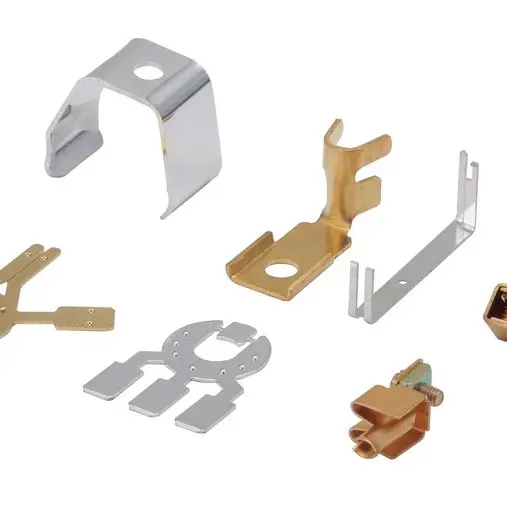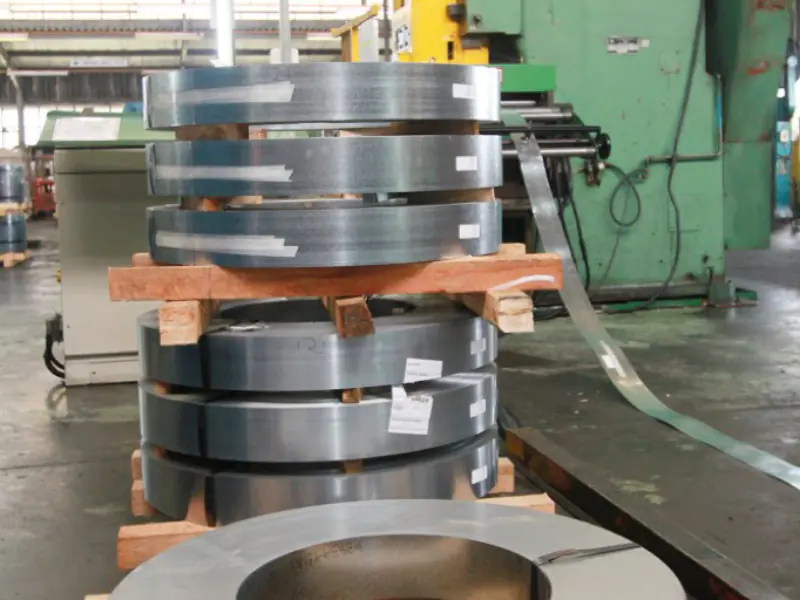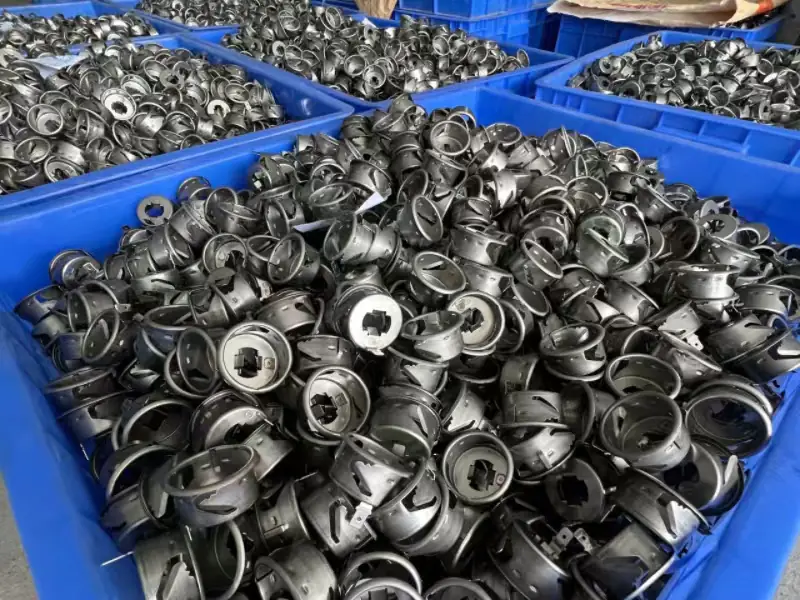-
No.66 Gaojia, Xingfu Village, Sanqi Town, Yuyao, Ningbo,China

The Future of Aerospace Industry: How Automation is Revolutionizing Aircraft Manufacturing
Automation is transforming the aerospace industry in unprecedented ways, creating more efficient, precise, and safer manufacturing processes. This comprehensive guide explores how automation technologies are revolutionizing aerospace manufacturing, from robotic assembly lines to AI-powered quality control systems. Whether you’re an industry professional or simply interested in aerospace advancement, this article provides valuable insights into the future of aircraft production.

Advanced aluminum components for aerospace applications
How is Automation Reshaping the Aerospace Industry?
The aerospace industry is experiencing a dramatic transformation through automation. Manufacturing processes that once required extensive manual labor are now being handled by sophisticated robots and automated systems. This shift has led to increased productivity, improved precision, and enhanced safety in aircraft production.Modern aerospace manufacturing facilities utilize various automated systems, including:
- Robotic assembly lines
- Automated inspection systems
- Smart inventory management
- Computerized quality control
What Are the Key Benefits of Automation in Aerospace Manufacturing?
Automation brings numerous advantages to aerospace manufacturing:
- Enhanced Precision
- Consistent quality
- Reduced human error
- Higher accuracy in complex tasks
- Increased Efficiency
- Faster production times
- Reduced downtime
- Optimized resource utilization
Explore precision manufacturing solutions for aerospace components.
How Are Robots Transforming Aircraft Production?
Robots play a crucial role in modern aerospace manufacturing:
| Application | Benefits |
|---|---|
| Assembly | Precise component fitting |
| Drilling | Consistent hole patterns |
| Inspection | Automated quality control |
| Welding | Perfect seams every time |
What Role Does AI and Machine Learning Play?
Artificial intelligence and machine learning are revolutionizing aerospace automation:
- Predictive maintenance
- Quality control optimization
- Supply chain management
- Production planning
- Risk assessment
View advanced manufacturing capabilities
How Does Automation Impact Aerospace Supply Chain?
Automation transforms the entire aerospace supply chain:
- Inventory Management
- Real-time tracking
- Automated ordering
- Optimized storage
- Quality Control
- Automated inspection
- Defect detection
- Documentation
What Are the Challenges of Implementing Aerospace Automation?
Key challenges include:
- Initial investment costs
- Training requirements
- System integration
- Regulatory compliance
- Technology adaptation
How Does Automation Enhance Safety in Aerospace Manufacturing?
Safety improvements through automation:✓ Reduced workplace accidents ✓ Consistent quality control ✓ Better documentation ✓ Enhanced traceability ✓ Improved ergonomicsLearn about precision components
What’s Next for Aerospace Automation?
Future trends in aerospace automation:
- Advanced Technologies
- Cobots (collaborative robots)
- 3D printing integration
- Smart factories
- Digital twins
- Enhanced Capabilities
- Greater precision
- Faster production
- More flexibility
How Can Companies Prepare for Automated Aerospace Manufacturing?
Steps for successful automation implementation:
- Assess current processes
- Identify automation opportunities
- Plan strategic investments
- Train workforce
- Monitor and optimize
What Are the Economic Implications of Aerospace Automation?
Economic impacts include:
- Reduced production costs
- Increased competitiveness
- New job opportunities
- Market growth potential
- Enhanced global reach
Key Takeaways
• Automation is transforming aerospace manufacturing • AI and robotics lead innovation • Safety and quality improve with automation • Supply chain optimization is crucial • Future trends promise further advancement • Strategic implementation is key to success
This comprehensive guide provides insights into aerospace automation trends and applications. For specific projects or detailed information, consult with experienced aerospace manufacturing professionals who can provide tailored automation solutions.




